Lavagem Industrial / Artigos
“Até as empresas mais avançadas podem poupar até 70% de água nas suas operações..”
Falamos com Renato Gomes, Export Manager da Somengil para os EUA. Ao longo da carreira, participou em projetos de melhoria de eficiência em algumas das empresas e fábricas mais desafiantes do planeta, viu em primeira mão a poupança de recursos que é possível atingir – e os erros a evitar. Agora, partilha as boas práticas que qualquer empresa deve seguir para ser mais sustentável e reduzir em grande medida o consumo de água e energia.

 8 minutos de leitura
8 minutos de leitura
2024-04-23 12:45:10
O principal desafio das empresas que querem ser mais sustentáveis
Os processos ineficientes do ponto de vista energético são um dos maiores problemas das empresas neste momento. De acordo com a Energy Star, os hotéis gastam em média 2.196 USD por quarto disponível todos os anos, o que representa 6% dos seus custos operacionais totais.
Para os retalhistas, esses números podem ser ainda mais elevados: gastam aproximadamente 4 USD por metro quadrado em cerca de 50 kWh de eletricidade e 1.5 m3 de gás todos os anos. Isto traduz-se numa conta de energia elétrica de 160 mil USD para um retalhista de dimensão média. Mesmo as PME podem chegar a consumir entre 15.000 kWh e 25.000 kWh. Este é um enorme problema: prejudica a eficiência operacional do negócio, afeta o ambiente e, claro, aumenta os custos de produção.
Como Export Manager para os EUA da Somengil, vi em primeira mão os efeitos do desperdício de energia e água, e como as empresas inteligentes tomam medidas para evitá-los.
Os benefícios inesperados de priorizar a sustentabilidade
Priorizar a sustentabilidade permite reduzir esses impactos negativos, preservando os ecossistemas e mitigando os efeitos adversos sobre o clima e a biodiversidade.
De forma geral, isto envolve ações como:
- Adotar práticas de gestão de riscos que consideram os impactos ambientais e sociais
- Diversificar as fontes de energia e matéria-prima para reduzir a dependência de recursos não renováveis.
- Utilizar tecnologias eficientes a nível de consumo de água e energia, principalmente em processos que utilizam elevadas quantidades destes recursos
Há 3 vantagens principais para as empresas que adotam estas abordagem de forma proativa. Em primeiro lugar, estas organizações estão mais preparadas para enfrentar desafios como a escassez de recursos ou a subida de preços.
Em segundo lugar, os governos estão a implementar legislações mais rigorosas e regulamentações ambientais. As empresas que não se adaptam a essas mudanças enfrentam multas, sanções legais e restrições comerciais. Portanto, a sustentabilidade torna-se não apenas uma escolha ética, mas também uma necessidade comercial para garantir conformidade legal e evitar consequências adversas.
Como Export Manager para os EUA da Somengil, vi em primeira mão os efeitos do desperdício de energia e água, e como as empresas inteligentes tomam medidas para evitá-los.
Por fim, há outra vantagem igualmente importante, mas muito menos falada. A procura pela sustentabilidade estimula a inovação e a criatividade dentro das empresas. Ao desenvolver produtos e processos mais eficientes em termos de recursos, as empresas podem reduzir custos operacionais, aumentar a eficiência energética e criar novas oportunidades de negócios. As empresas que adotam uma abordagem sustentável destacam-se no mercado, atraindo consumidores cada vez mais conscientes e preocupados com o meio ambiente.
Dependendo do setor, os processos de lavagem podem ter um enorme impacto no consumo de água e energia. Foi por isso que a Somengil desenvolveu a Multiwasher, uma máquina de lavar revolucionária e altamente sustentável. Especificamente, no mercado dos EUA, com a Multiwasher as empresas podem chegar a poupar até 70% de água e 50% de energia nas suas operações de lavagem.
Passar da teoria à prática exige uma abordagem estruturada
Não há uma fórmula mágica para atingir este nível de poupança, tal como não existem dois clientes iguais. Cada empresa tem diferentes necessidades, objetivos, processo, requisitos. O nosso primeiro passo é sempre compreender estes objetivos, e apenas depois encontrar soluções personalizadas. É por isso que procuramos sempre um enquadramento global, que incorpora as vertentes operacionais e logísticas.
A Bimbo é um bom exemplo. Trata-se de uma das maiores empresas alimentares do mundo e em várias das suas fábricas, utilizava túneis de lavagem para limpar as caixas plásticas usadas na distribuição de pão. No entanto, esse método tradicional de lavagem resultava num consumo desproporcional de água e energia.
Começamos por fazer uma análise aprofundada do método atual de lavagem, onde identificamos as necessidades específicas e avaliamos os consumos mensais das fábricas. Conduzimos uma fase de validação técnica, demonstrando os resultados alcançáveis em termos de qualidade de lavagem e secagem.
De seguida, avançamos para a fase de validação financeira, comparando os consumos da Multiwasher com os dos túneis de lavagem tradicionais utilizados pela Bimbo. Rapidamente ficou evidente que as poupanças proporcionadas pela Multiwasher eram substanciais, alcançando reduções de até 85% no consumo de água e 70% no consumo de energia. Este sucesso incentivou-nos a expandir gradualmente a nossa presença em mais fábricas da Bimbo, contribuindo assim para significativas poupanças nas operações de lavagem.
Casos como este mostram o potencial de poupança escondido que existe até nas empresas mais avançadas do mundo. Mas para isso, é importante seguir um processo estruturado, tal como seguimos na Bimbo, Sonae e muitos outras empresas exigentes.
Esta é a abordagem que recomendamos.
1. Avaliar o estado atual. Antes de fazer mudanças, é importante entender onde estão os principais pontos de consumo de recursos nos processos de lavagem. É necessário avaliar o uso de água, energia e detergentes.
2. Definir a solução técnica. De seguida, analise o payback de tecnologias de lavagem mais eficientes e sustentáveis, como é o caso da Multiwasher, que reduz significativamente o consumo de água e energia, além de melhorar a qualidade da lavagem. Além de investir em tecnologias mais eficientes, é importante implementar práticas de conservação, como reutilização de água, otimização de carga das máquinas e uso de detergentes eco-friendly.
3. Definir objetivos. Também se devem ter metas específicas e mensuráveis para reduzir o consumo de recursos nos processos de lavagem. Monitorizar o progresso em direção a essas metas e ajustar estratégias conforme necessário.
4. Formação. Por fim, o envolvimento e educação dos colaboradores sobre a importância da sustentabilidade e as práticas de conservação de recursos é fundamental. Treine-os para operar os equipamentos de forma eficiente e consciente.
A principal vantagem é a certeza de que terão uma solução de lavagem sustentável e personalizada para atender às suas necessidades específicas. Além disso, na Somengil oferecemos suporte abrangente, incluindo serviços de consultoria, formação e assistência técnica. Assim, as marcas que escolhem trabalhar connosco beneficiam não apenas das soluções avançadas de lavagem que oferecemos, como do compromisso contínuo com a sustentabilidade e eficiência de lavagem. Para além disso, a Somengil está constantemente a melhorar os seus processos de modo a tornar negócios e indústrias mais sustentáveis.
Sobre Renato Gomes
Renato Gomes é Export Manager da Somengil para o continente americano. Sempre quis conhecer o mundo, outras culturas e diferentes perspetivas de pensamento. Hoje, mantém um grande foco no desenvolvimento das suas competências profissionais e pessoais. Ao longo dos últimos 4 anos nesta empresa, estabeleceu relações com os distribuidores da Somengil em todo o mundo.
Também pode gostar

Lavagem Industrial / Artigos
Lavadora para carrinhos de transporte: como escolher a melhor para o seu negócio
Poupe tempo, água e energia com a lavadora para carrinhos de transporte adequada para o seu negócio. Aqui está o que deve ter em mente.
Postado em 2024-10-17
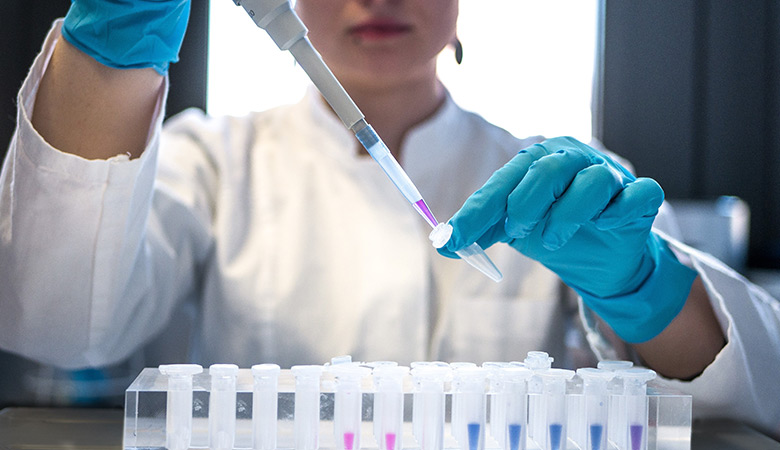
Lavagem Industrial / Artigos
Primeira prioridade: segurança alimentar
As empresas líderes na indústria alimentar têm em comum a preocupação constante com a segurança alimentar. Mas num contexto de maior preponderânc...
Postado em 2021-12-16
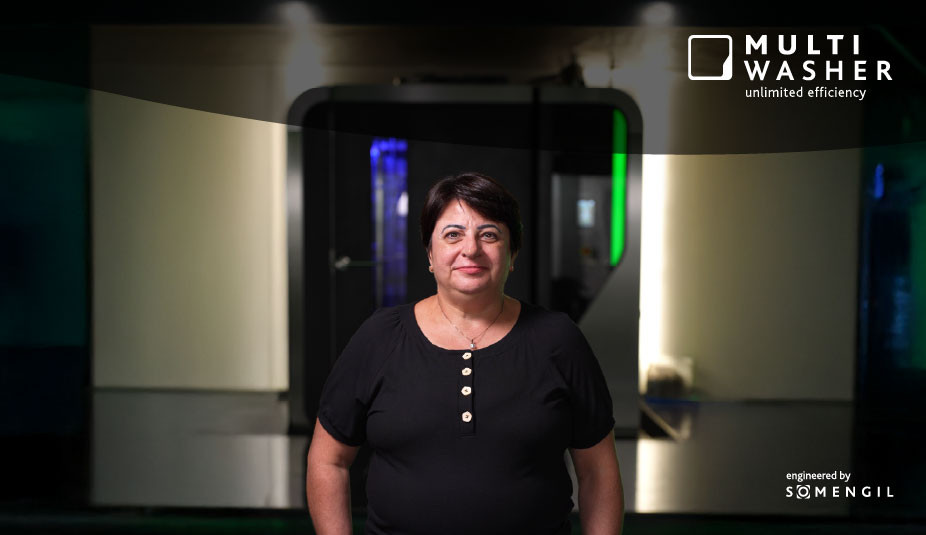
Lavagem Industrial / Artigos
A revolução Multiwasher nos restaurantes Sodexo
A revolução nos grandes restaurantes corporativos da Sodexo com a Multiwasher. No dia a dia dos grandes restaurantes corporativos, cada detalhe i...
Postado em 2025-05-27
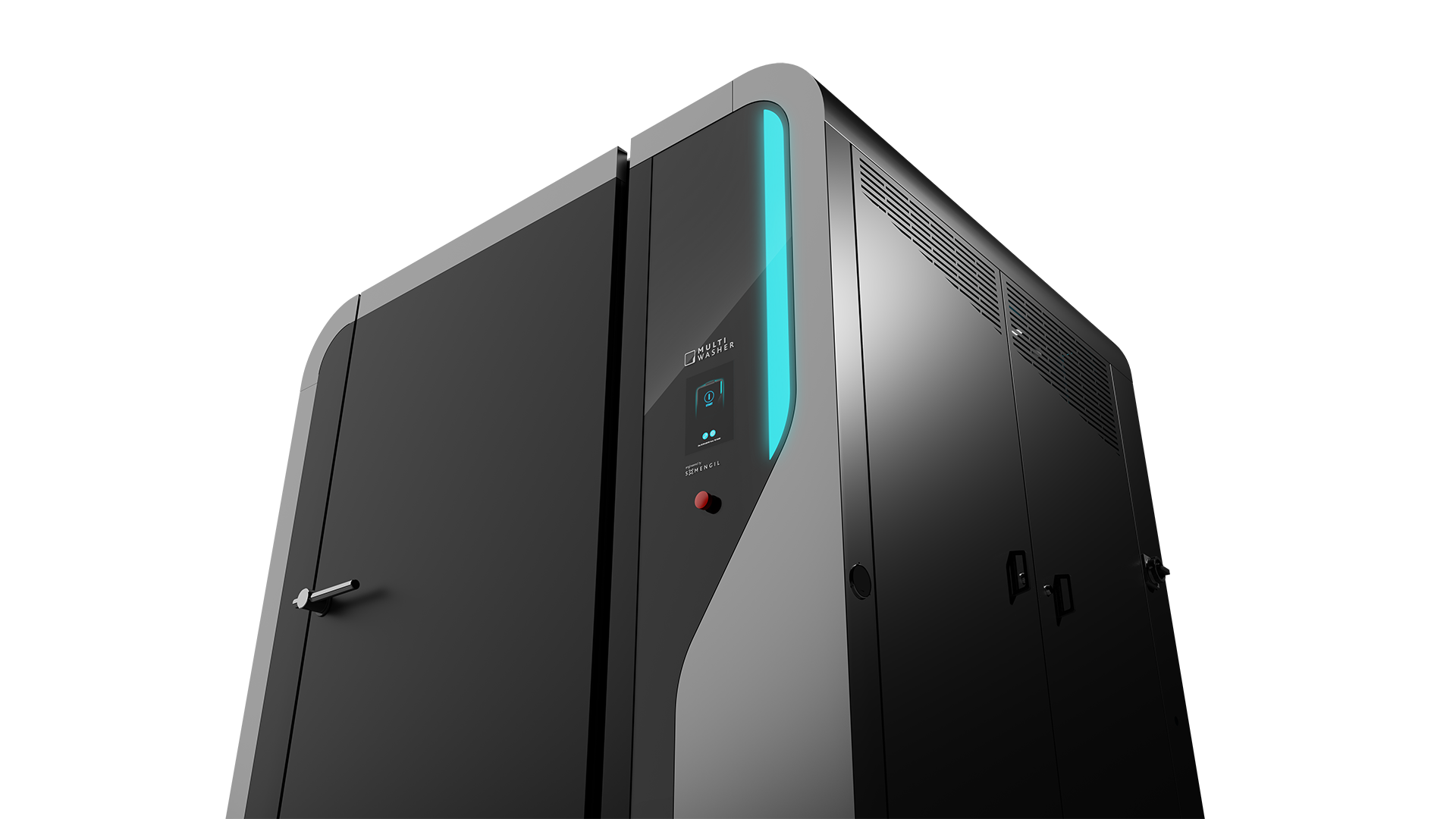


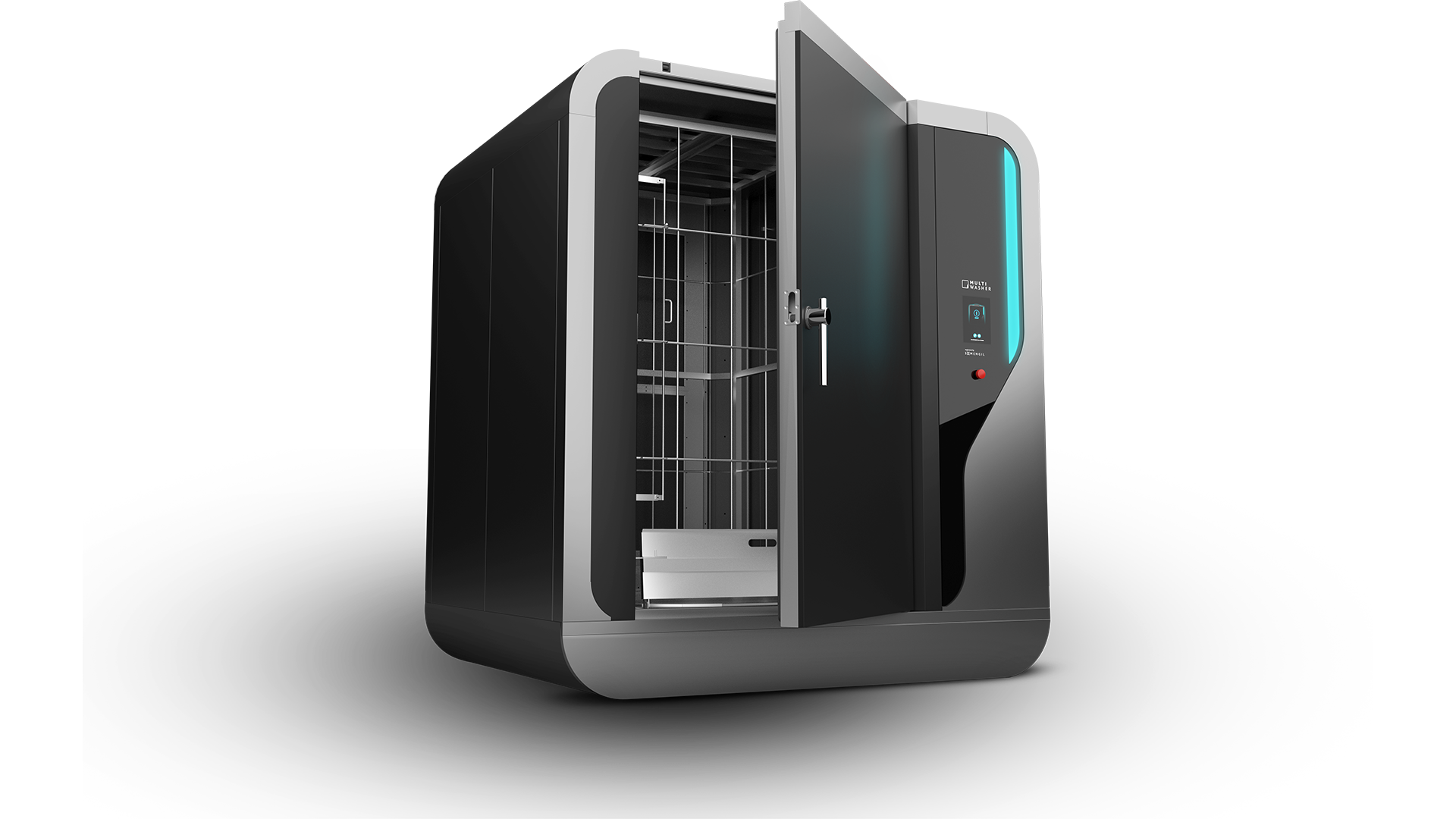
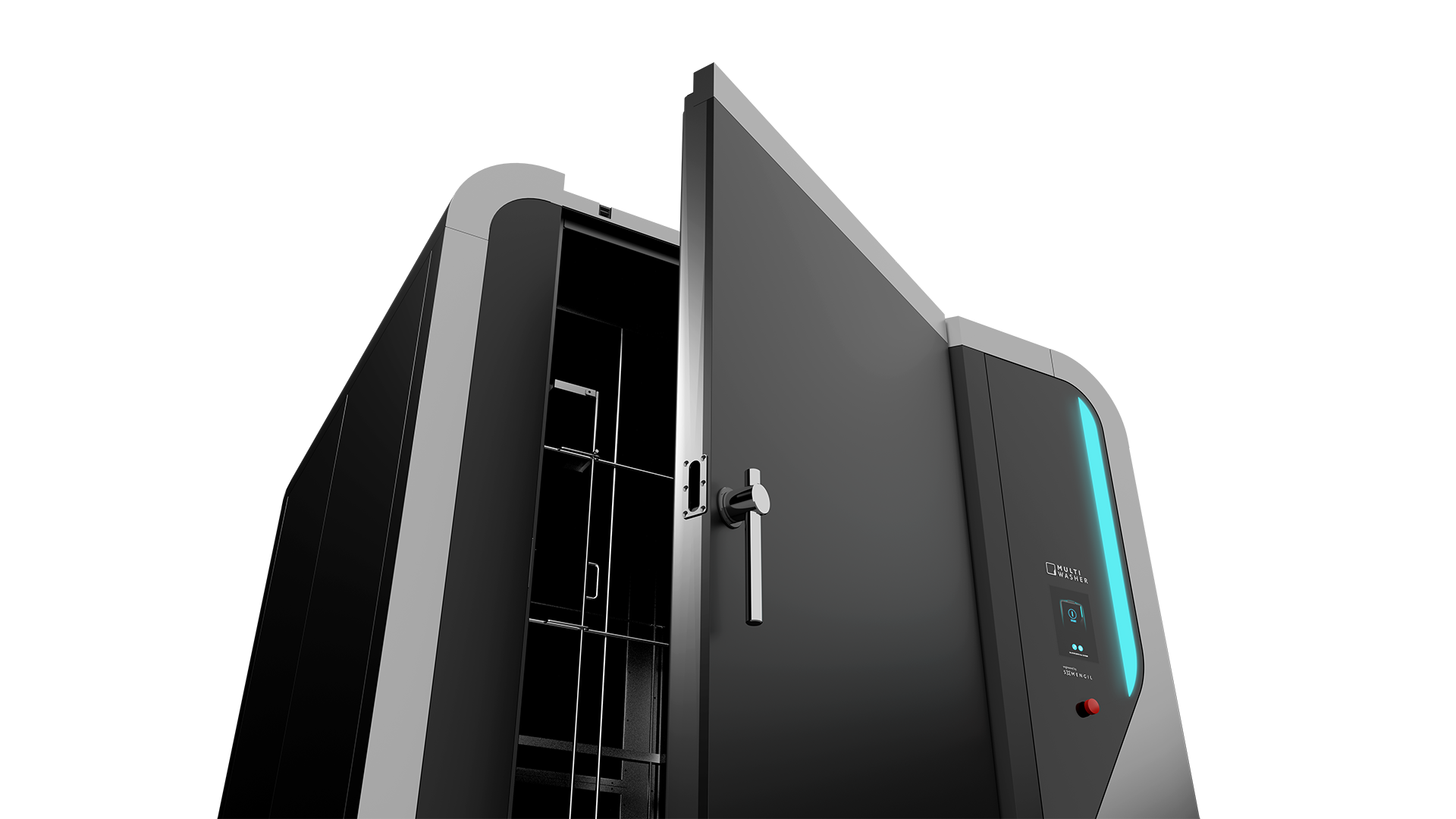

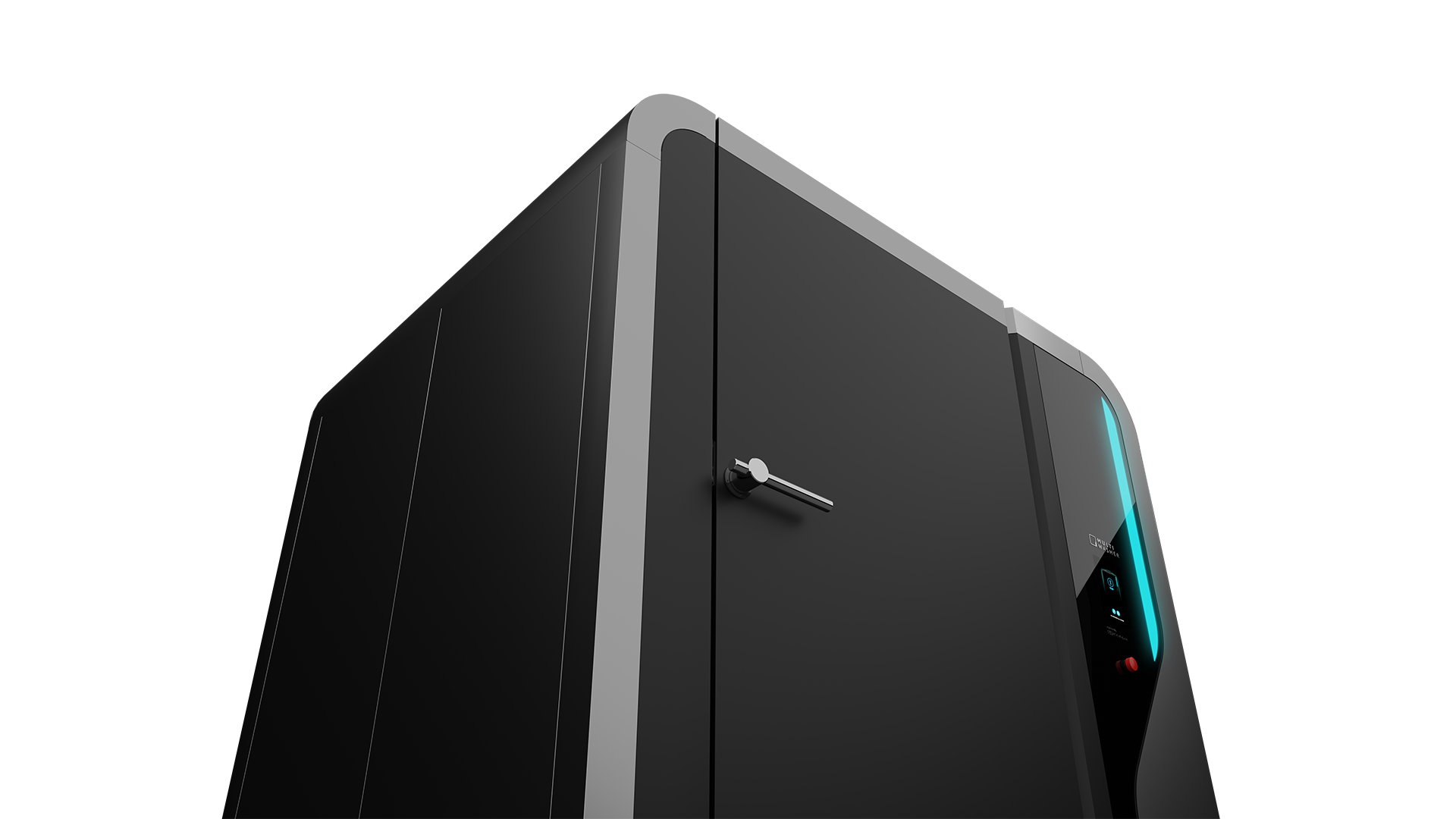

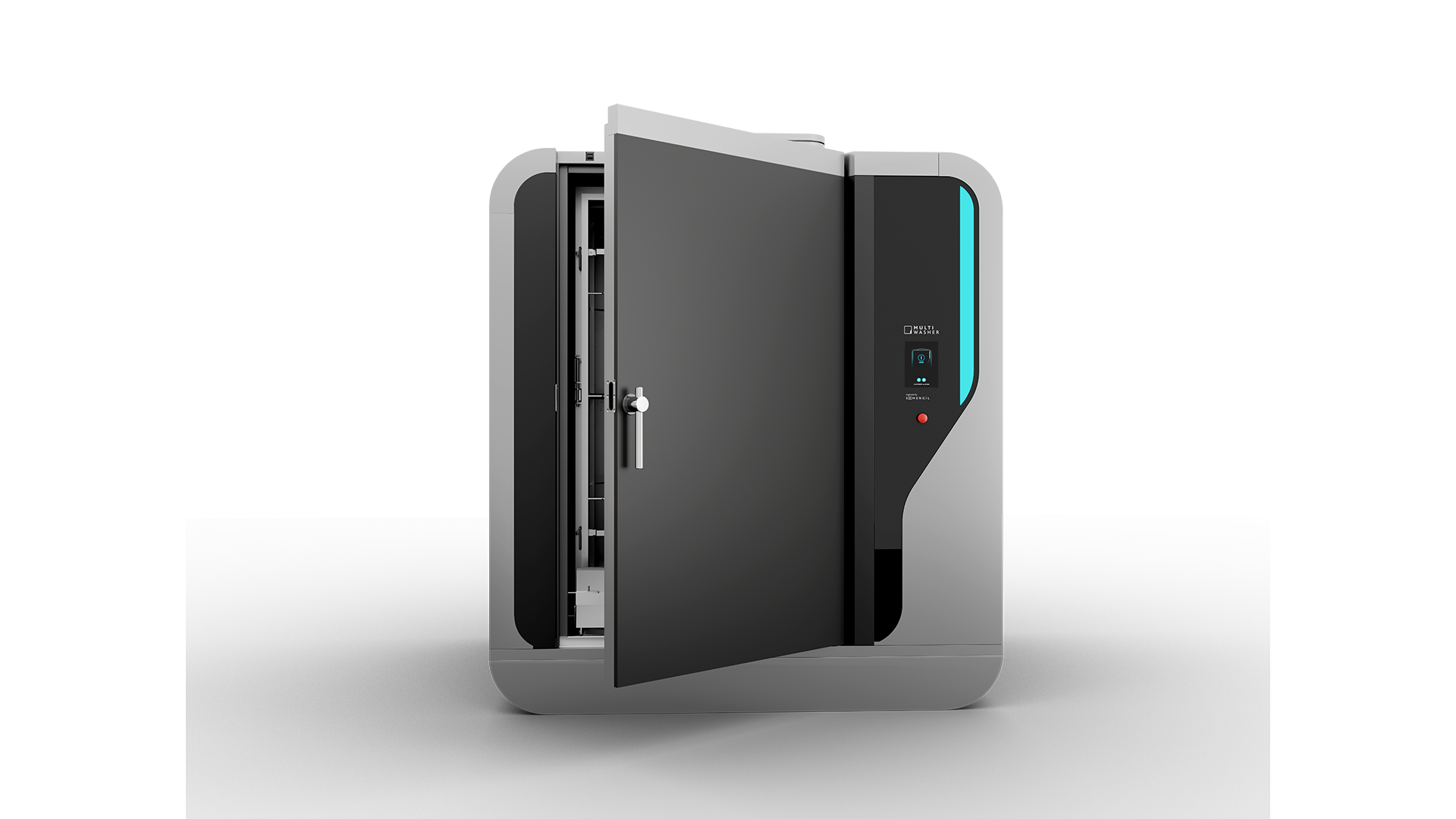

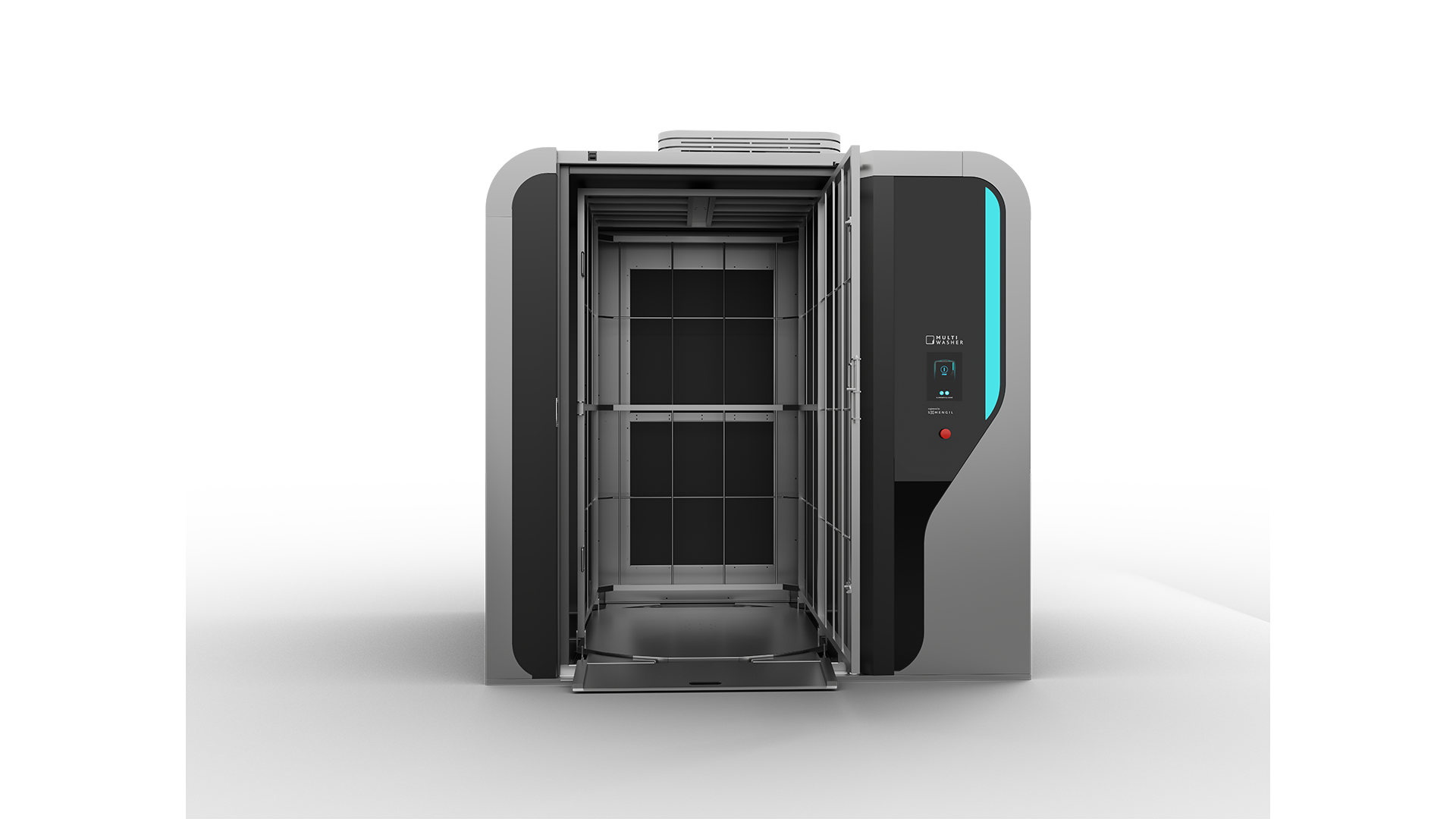
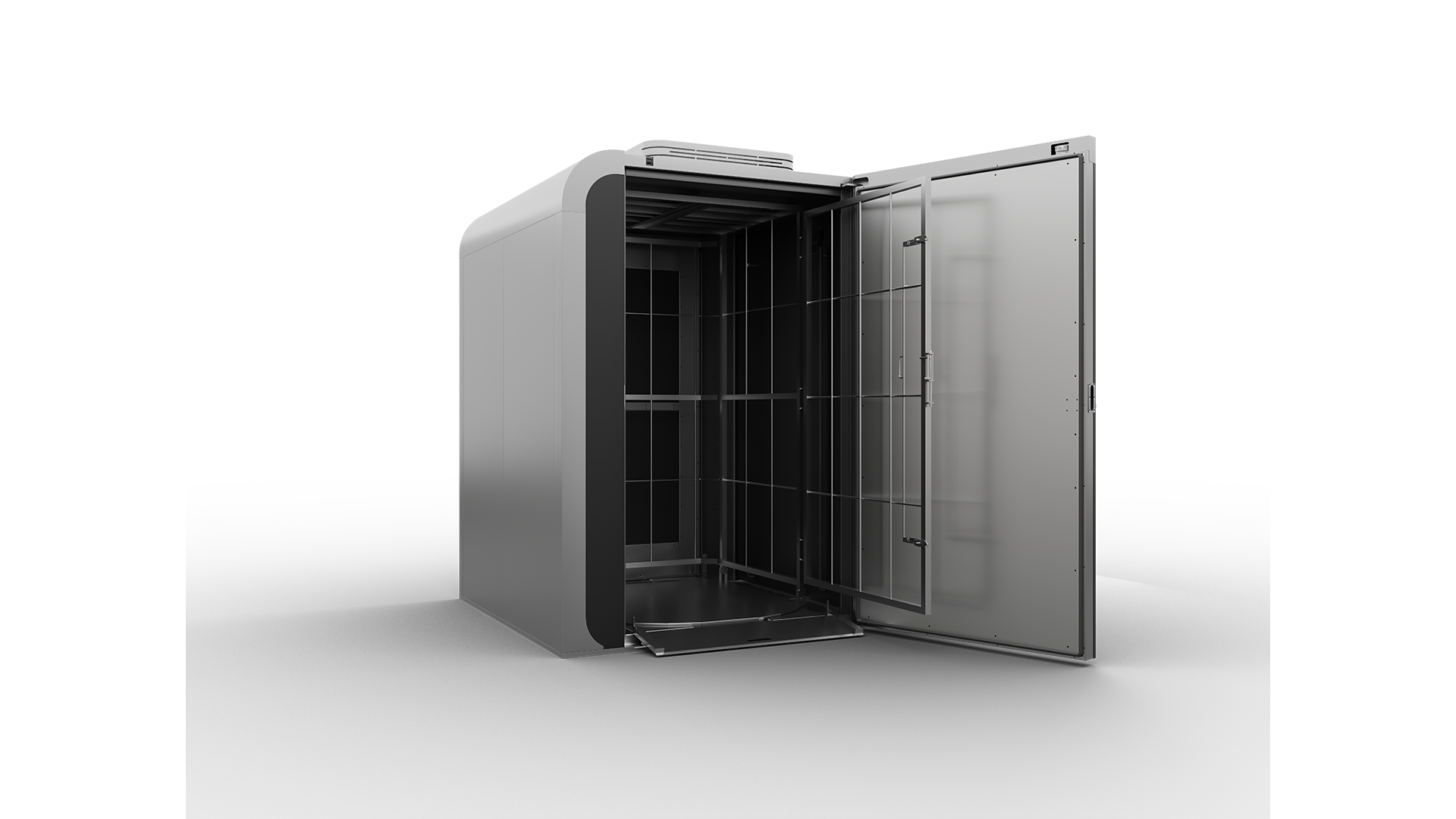
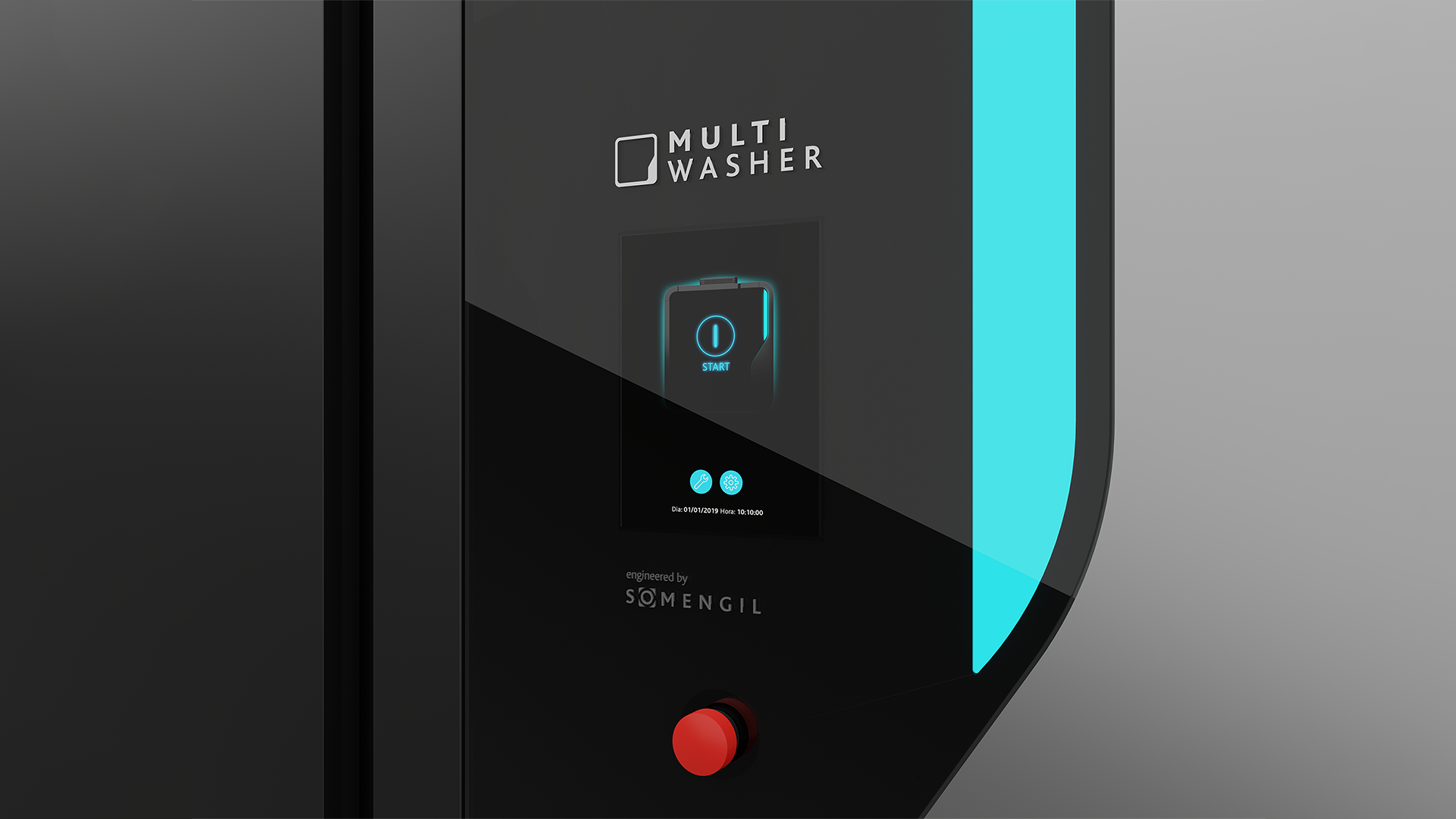
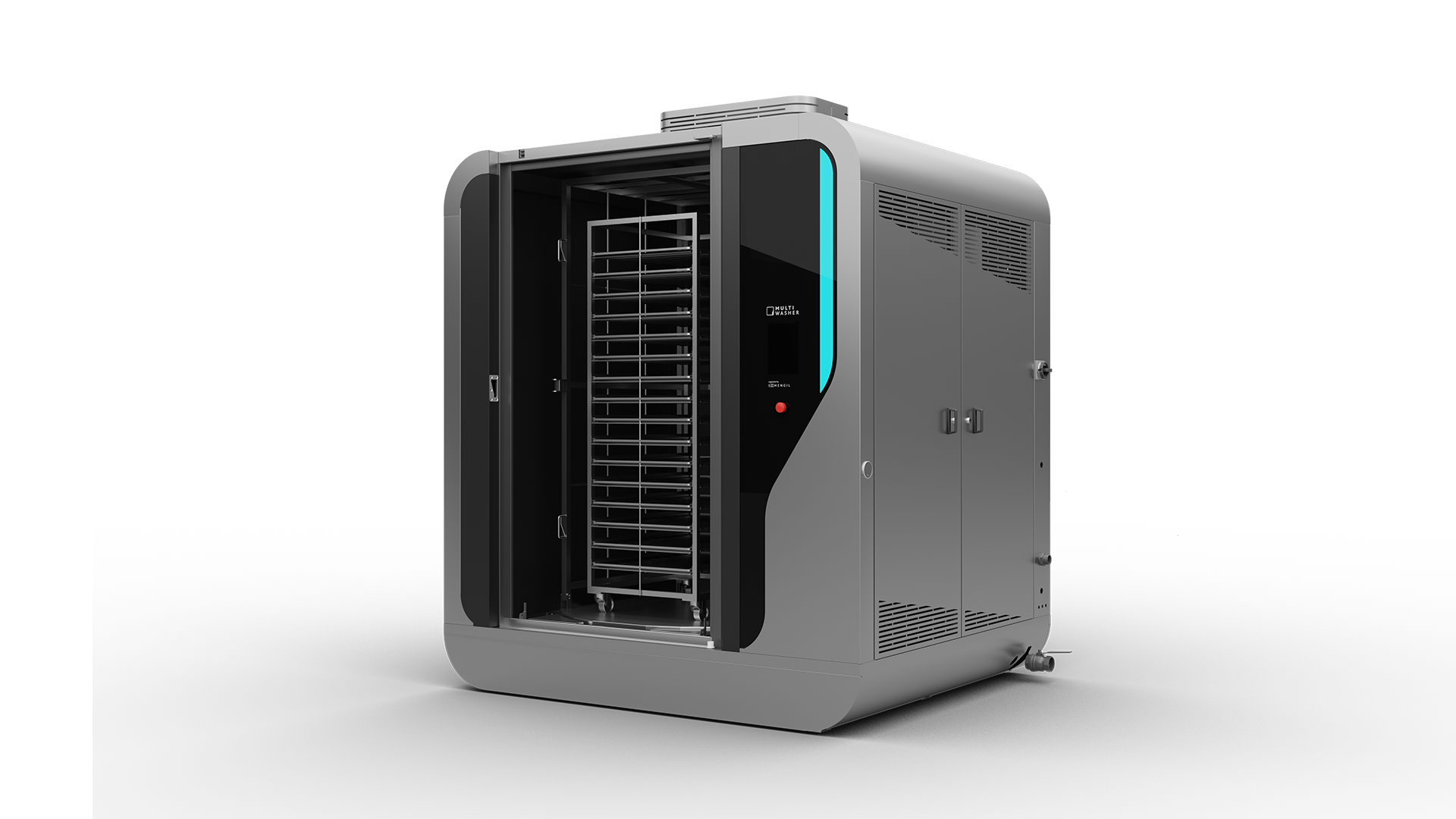
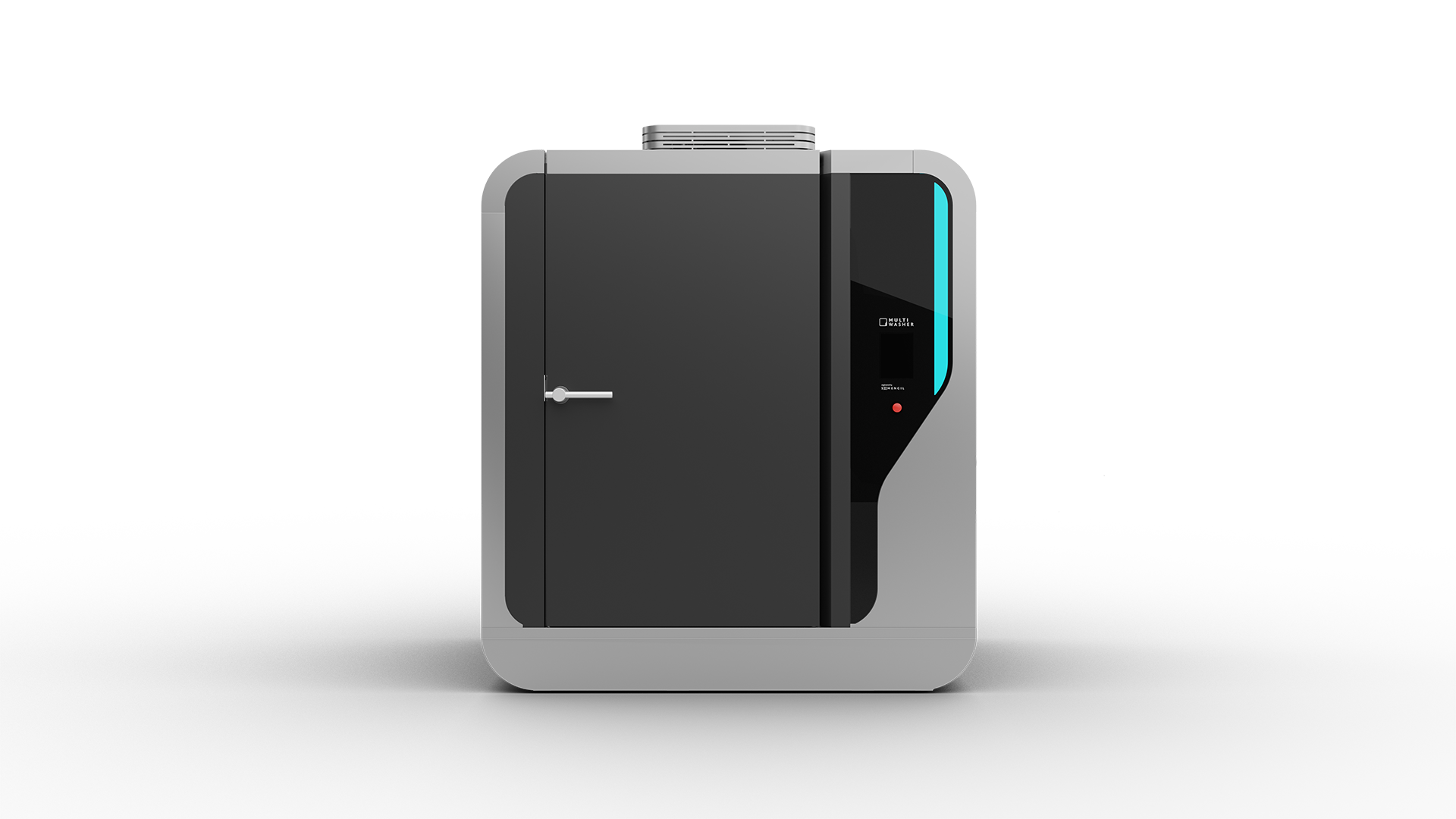


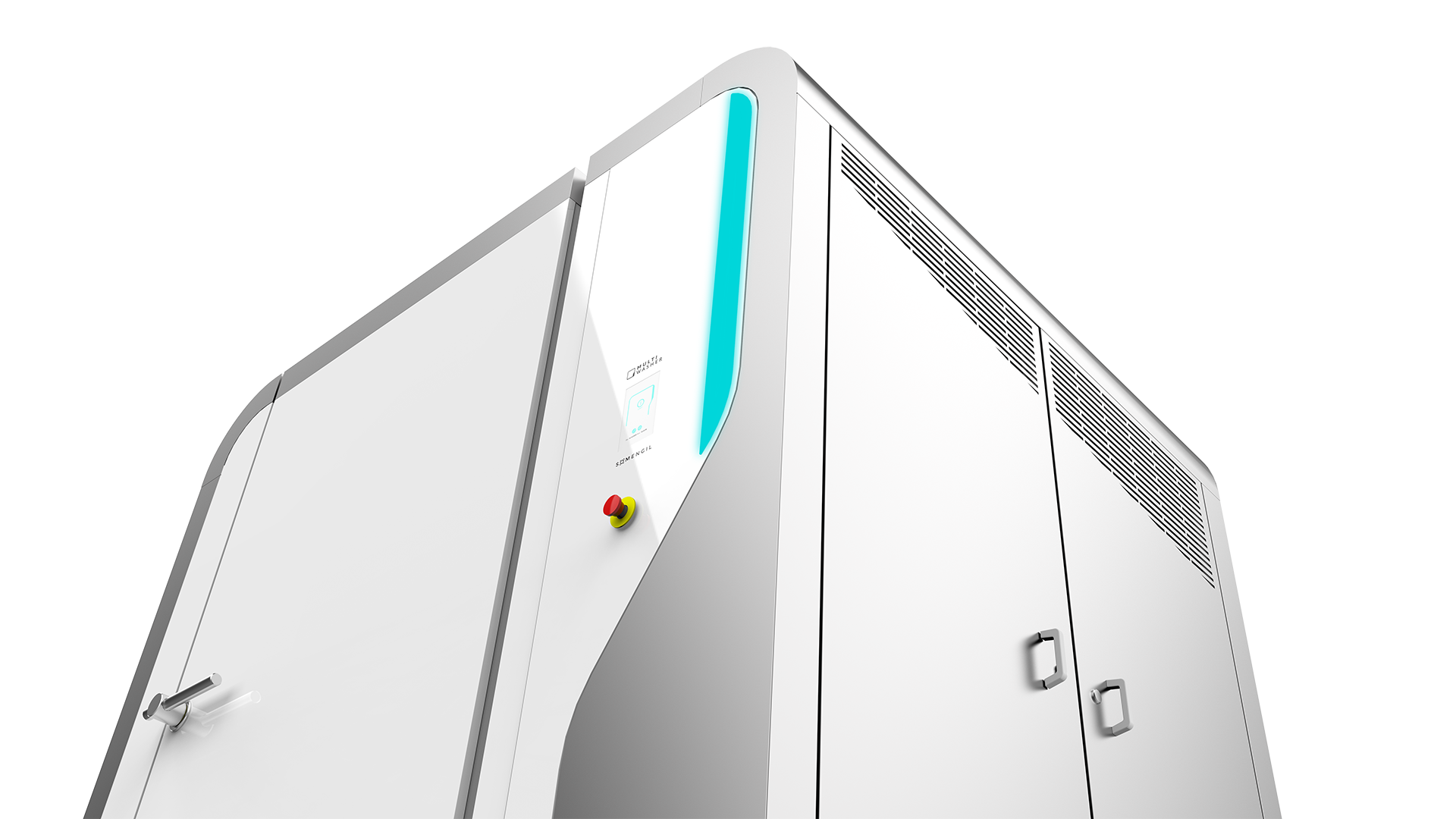
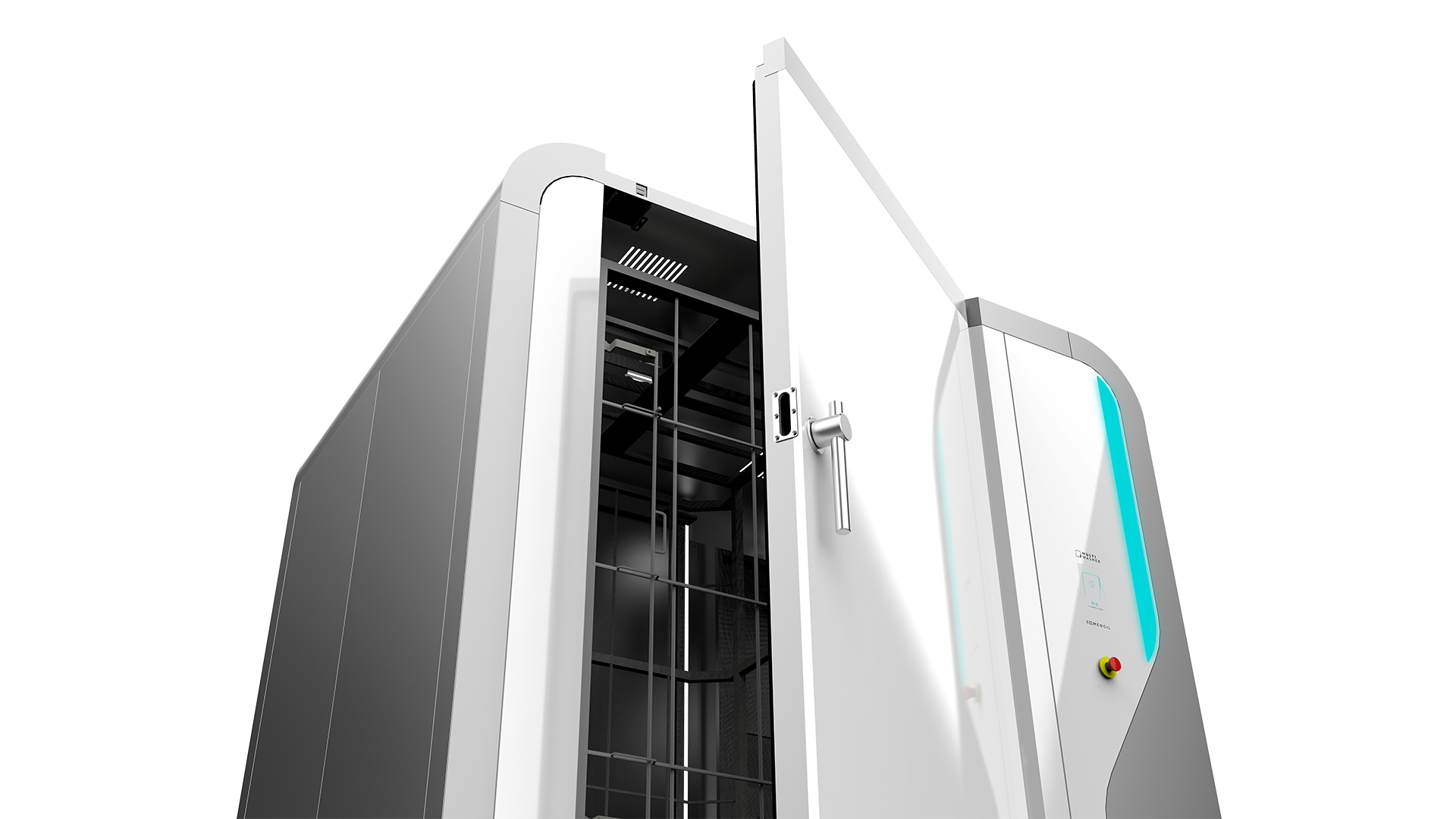
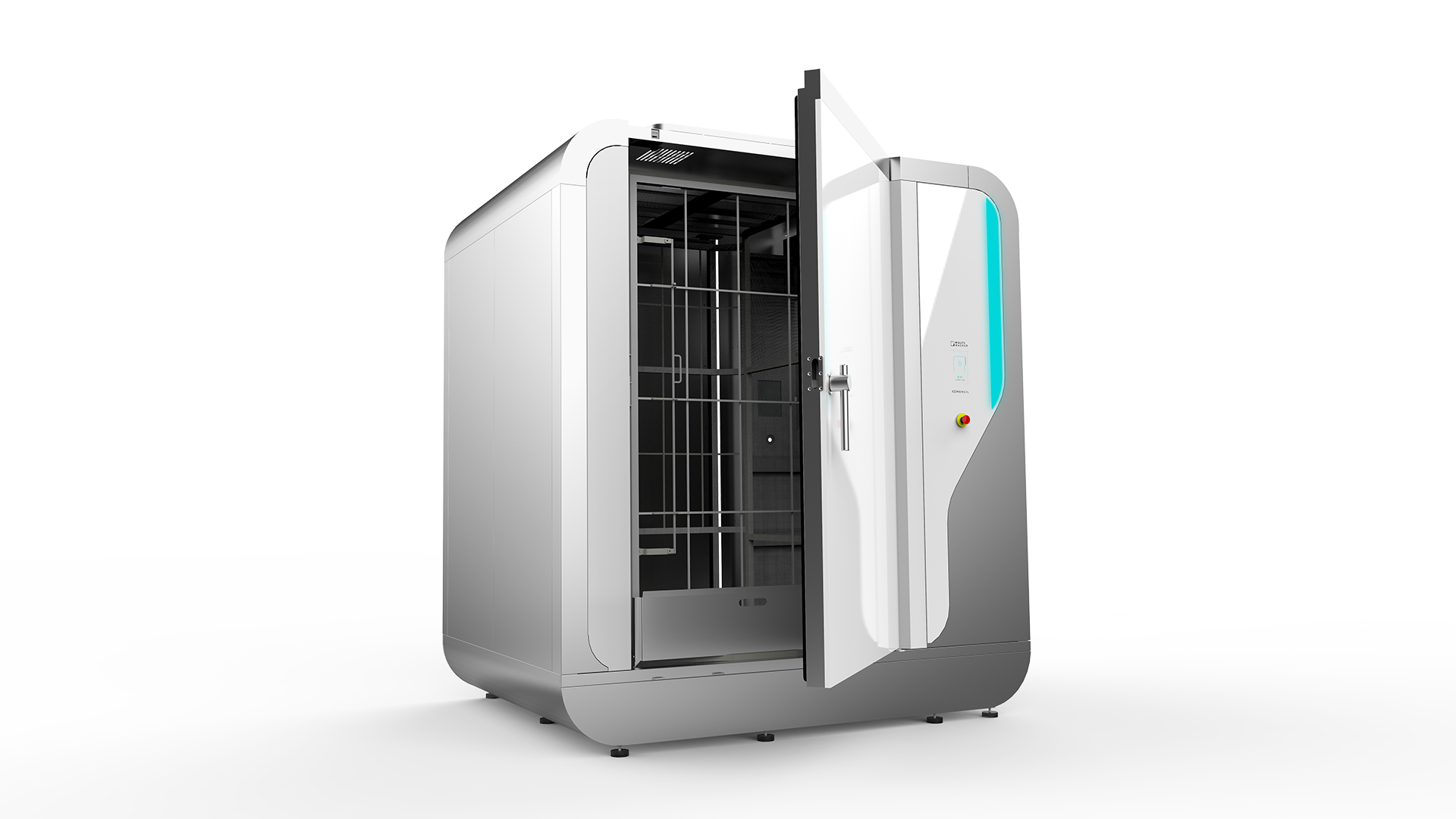

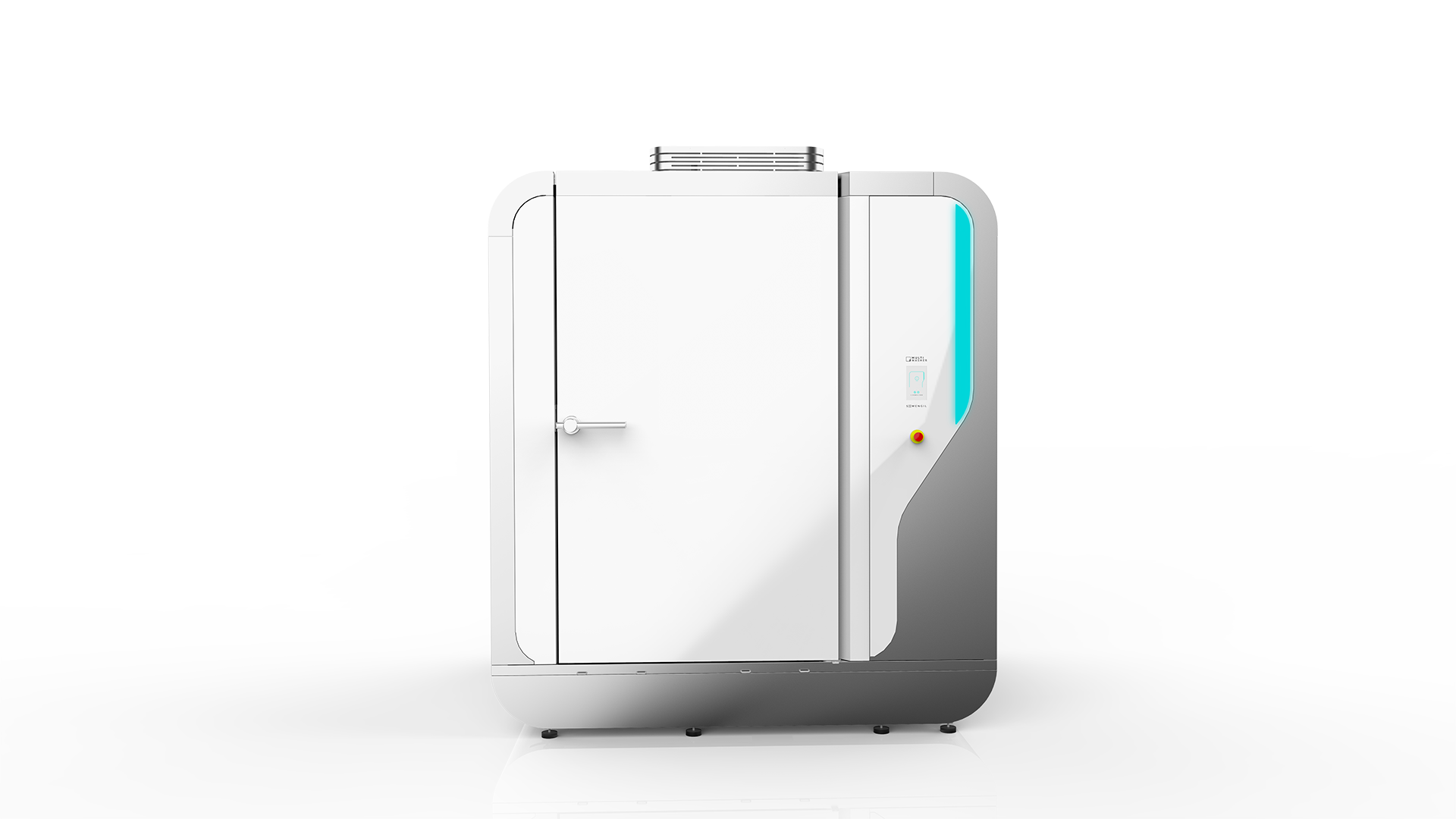
 Portugal
Portugal United Kingdom
United Kingdom United States
United States France
France Spain
Spain Germany
Germany Romania
Romania Italy
Italy Czech Republic
Czech Republic Finland
Finland Hungary
Hungary Slovakia
Slovakia Greece
Greece Lithuania
Lithuania South Korea
South Korea Russia
Russia Saudi Arabia
Saudi Arabia Poland
Poland Brasil
Brasil Hebrew
Hebrew